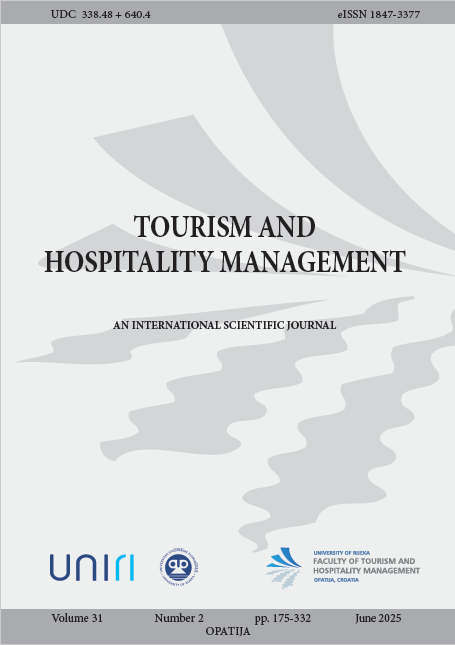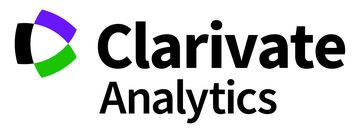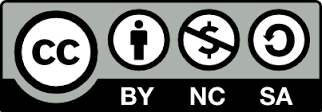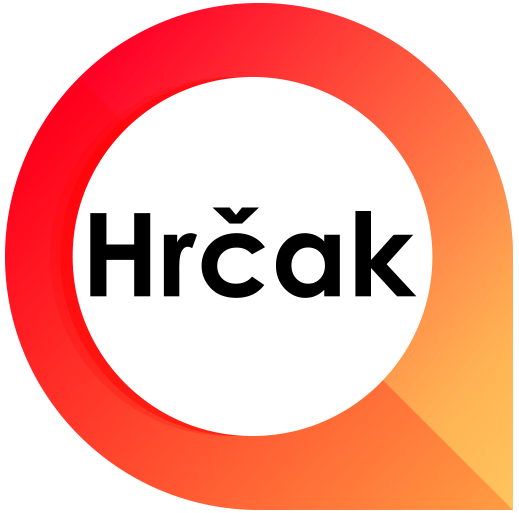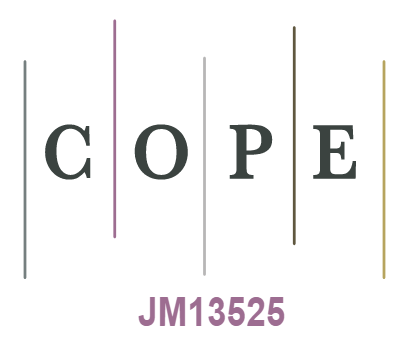Each paper submitted to the Tourism and Hospitality Management journal is subject to the following review procedures:
- it is reviewed by the editors for general suitability for this publication
- it is checked using a special software program for preventing plagiarism using Crossref Similarity Check (iThenticate)
- two reviewers are selected and a double blind review process takes place
- based on the recommendations of the reviewers, the editors then decide whether the particular article should be accepted, revised or rejected, or the third (fourth) reviewer will be engaged.
Reviewers’ comments will be returned to the original author. Where appropriate, authors will be encouraged to revise the paper and to resubmit it for further consideration, whereby they are obligated to fill in the author response form. The review process will follow the criteria laid out in review form.
Papers are categorized under one of these classifications:
- Empirical research paper (reports on any type of research undertaken by the author(s) including the testing of a model, framework or data, market research or surveys. The results should be presented in the manner that allows for the experiment to be repeated and results to be checked)
- Conceptual research paper (focuses on observing and analysing already present information on a given topic, developing hypotheses and new theories, proposing theoretical models and interpreting existing theories in a different light. It is usually discursive)
- Review paper (an original, critical work from the field on the author’s active participation. It contains comprehensive overview of research based on the analysis of information that has already been published)
- Research note/Short communication (concise and short report and cutting edge paper on a research theme, topic or development in theory or method)
- Professional paper(does not apply scientific methods and does not have appropriate scientific contribution. It contains information on the existing methods and achievements that contribute to the particular profession only. These type of papers will not be published in the THM.
- Viewpoints (author's opinion and interpretation on a topic relevant for research and practice; magazine-style contribution that should not exceed 1,500 words in length (including abstract, references, figures and tables)).
The peer review process is an independent quality control procedure for articles submitted to journal. Because it is so difficult for authors to be objective about their own writing, they benefit greatly from having someone else read and comment upon their work. Peer review is vital for enhancing the quality, credibility and acceptability of published research and practice papers.
Please observe carefully the following guidelines on the role of the reviewer:
- Expertise: Papers are not always sent to a reviewer whose field is identical to the subject matter of that paper. You do not have to be precisely qualified in a field to be a constructive reviewer. In fact, quite the contrary, an excellent paper will speak beyond its narrowly defined field. If, however, a paper is so distant from your field that you do not feel qualified to judge its merits, please return it to the publishing manager for the journal, who will locate another reviewer.
- Confidentiality: Reviewers receive unpublished work which must be treated as confidential until published. Reviewers must not disclose to others which papers they have reviewed; nor are they to share those papers with any other person.
- Conflict of Interest: Reviewers must declare any conflict of interest or any other factor, which may affect their independence - in cases for instance where they have received a paper of a colleague or an intellectual opponent. In cases of conflict of interest, please notify the editorial team of your inability to review a particular paper.
- Intellectual Merit: A paper must be judged on its intellectual merits alone. Personal criticism or criticism based solely on the political or social views of the reviewer, is not acceptable.
- Full Explanation: Critical or negative judgments must be fully supported by detailed reference to evidence from the paper under review or other relevant sources.
- Plagiarism and Copyright: If a reviewer considers that a paper may contain plagiarism or that it might breach another party’s copyright, they should notify the editors, providing the relevant citations to support their claim.
- Responsiveness: Reviewers are asked to return their reports within four weeks.



